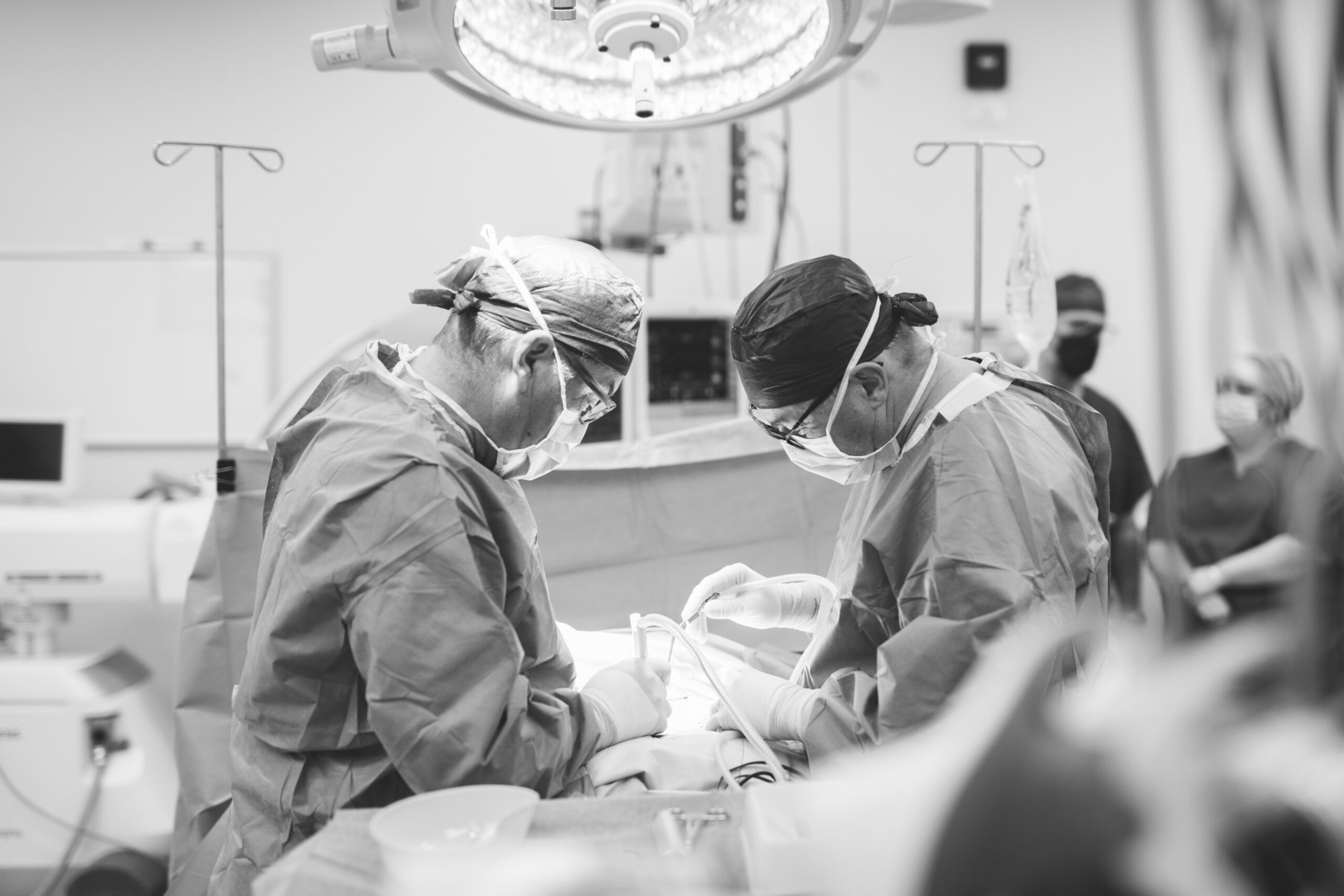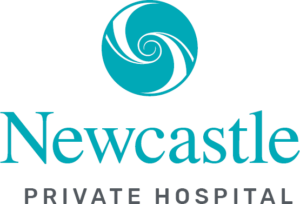
FAQ
Frequently Asked Questions
The best way to find out which treatment is right for you is to consult with Dr Spittaler. He will listen to your needs, examine you, review your scans and provide you with educated advice. Dr Spittaler will provide advice as to whether surgery is the appropriate treatment and will discuss with you the pros and cons, risks and expectations. If you have questions, we encourage you to ask them.
Contemplating surgery can be difficult to face alone. We recommend that you bring with you a family member or friend to act as a support person and to ask questions you may not have thought of. It’s always important for loved ones to have a clear idea of what is occurring before treatment begins.
Your medical file is handled with the utmost respect for your privacy. Our staff are bound by strict confidentiality requirements as a condition of employment regarding your medical records. Dr Spittaler and his staff abide strictly by the Privacy Act.
Ordinarily we will not release the contents of your medical file without your consent.
Read full details about our fees here
We will give you an estimate of your gap prior to your operation. Please note it is your responsibility to ensure your health fund will adequately cover your operation.
We recommend you contact your health fund to confirm your level of cover and its currency as soon as you can.
- We have full EFTPOS facilities including HICAPS, meaning you can claim with your health fund on the spot – click here to see participating funds.
- We accept, Visa and MasterCard.
- We also treat CTP, WorkCover and DVA clients.
- We have 8 parking spaces including 1 disabled parking space behind our building.
Yes. We have disabled parking and a ramp for easy access.
Dr Spittaler has a cancellation list therefore, if you are unable to attend for any reason, including illness, we need sufficient notice to offer the appointment to another patient.
We ask for a minimum of one business day to cancel or change an appointment. If no notice is given, a $100 cancellation fee is charged.
Yes, if you are unable to physically attend your appointment, we offer Telehealth as either a video chat or phone consult.
Please note that Telehealth is not available for first visits, Dr Spittaler prefers a face-to-face first visit with all patients.
There is typically a few months’ wait to get in for an appointment. However, if the issue is urgent we advise that you make an appointment with Dr Spittaler’s triage team. The administration team can help you make an appointment.
We do have a waiting list and will contact you if that time becomes available.
Yes, we ask that children under the age of 18 be accompanied by a parent or guardian.
We are unable to provide support after hours.
In the event of an emergency call your GP or go to the nearest hospital emergency department.
Following minimally invasive or keyhole spine surgery, many patients go home the morning after the operation.
Elderly patients, or patients with severe symptoms or with spinal cord or nerve root compression, may remain in hospital for three to five days.
Patients undergoing spine fusion operations may be in hospital for up to seven days.
Following spine surgery and minimally invasive spine surgery, it is important to rest for one-to-two weeks after surgery.
The exact timing of discharge is determined by each patient’s individual circumstances.
Generally, all patients are seen for follow up six weeks after surgery.
Patients with instrumentation or spine fusions should have an X-ray prior to the six week assessment.
Avoid strenuous exercise such as swimming, weight training, cycling, and running.
Walking, in increasing increments, to reach a goal distance of one-to-two kilometres per day is all that is required for the first six weeks.
Stationary cycling, hydrotherapy, and walking in a swimming pool are fine from two-to-six weeks after surgery. You can recommence your normal exercise program following your six-week review with Dr Spittaler. Specific exercises programs should be discussed with your physiotherapist.
Usually after two weeks you are able to drive, unless you have been advised by Dr Spittaler to wait for a longer period.
You will experience pain after your operation and Dr Spittaler can prescribe you appropriate pain medication to help you relieve your pain.
No, Dr Spittaler is a Neurosurgeon and does not perform nerve conduction studies. We recommend you contact the following practices:






